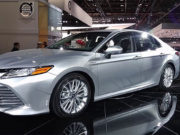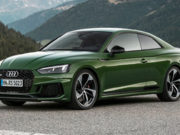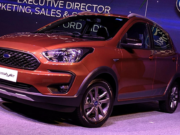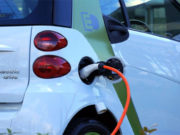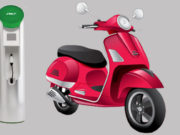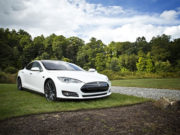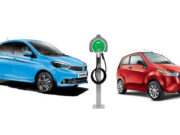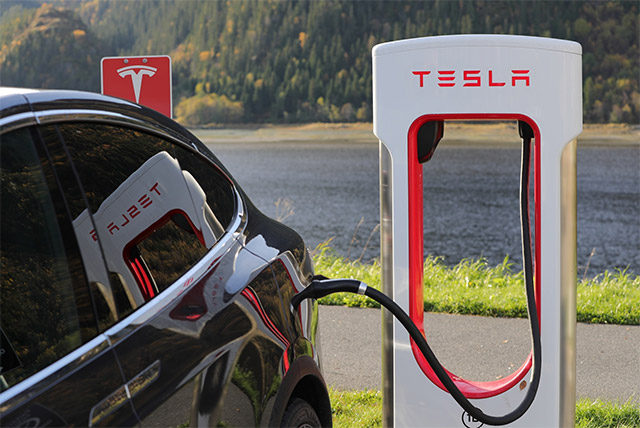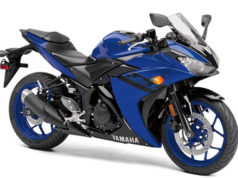One of the biggest problems facing the makers of electric vehicles in India is the high cost involved in making such a product in the first place. One also needs to take into account, in this case, the paucity of public charging stations in the country. All this can really put paid to the Indian government’s bold plans to make all vehicles electric in India by 2030. Experts have also pointed out that the lack of a proper government policy in this regard is also going to make matters tougher for the makers of these cars. In any case, it seems like a long shot.
What does the future hold?
In India, electric vehicles used by passengers account for 1 percent of the entire fleet! India incidentally happens to be the fifth biggest market for such products in the whole world. This means that there are around a few thousand cars and 4 lakh two-wheelers. This data has been provided by the Society of Manufacturers of Electric Vehicles (SMEV) that happens to be based out of Delhi. It is not that the national government is not trying to address the situations through means of subsidies but such assistance is too few and far between.
The thing with lithium batteries
These cars operate on lithium batteries that make up around 60 percent of the costs needed to maintain two-wheelers. The problem with them is that they need to be replaced following a few years. It also needs to be considered in this context that they have to be imported from China. Right now researchers, backed by the union government, in India are focusing on manufacturing and domestic innovation in this regard. The same can also be said of some private companies that are looking to make it big in this sector.
Mahindra Electric
One of the major names in this regard is Mahindra Electric that happens to be a part of one of the leading automobile makers of the country. It was in 2010 that Mahindra Electric purchased Reva from its original manufacturer. Right now it is pumping money in a startup located in Bengaluru named Lithium Urban Technologies. However, in spite of all this, these still are early days as far as makers of electric batteries are concerned. The fact that government has been backing such programs in fits and starts has also made investing in them highly risky propositions.
Lack of clarity from the government
This inconsistent support from the government makes it really hard for the companies to determine what exactly it is thinking about the project. In 2012, the then Union Ministry of New and Renewable Energy took back a subsidy amounting to INR 5500 for battery run two-wheelers. This meant that in 2013 the makers of such vehicles were only able to sell 16,000 when at a reduced price they could have sold a lakh of such cars. Instead, the ministry made the subsidy available through a program named Alternate Fuels for Surface Transportation Program that was valued at around 15 million dollars.


